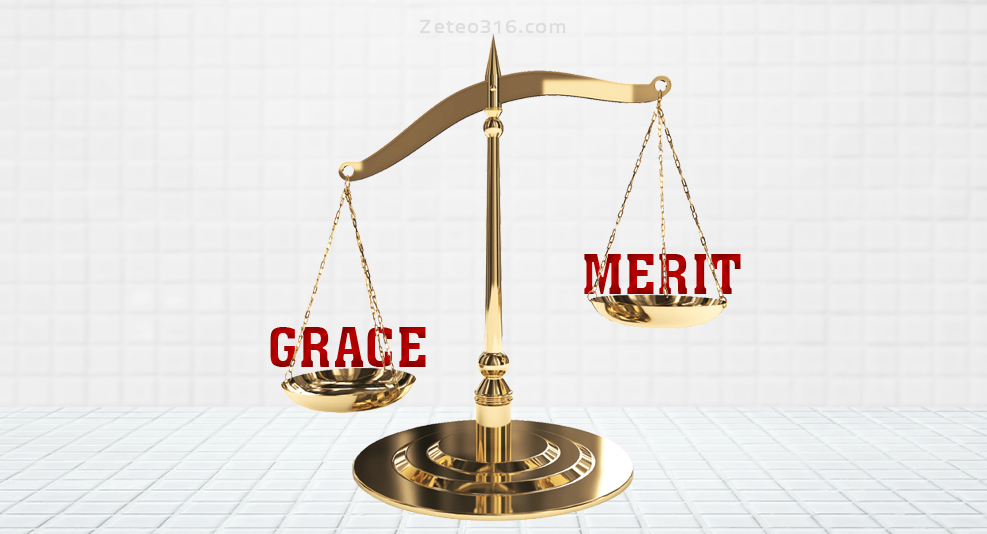
Are we saved by Grace or Merit? Or is it a bit of both?
The question of whether we’re saved by Grace or Merit didn’t initially enter into my mind when I attended Roman Catholic School as a young boy. Yet during a later period I experienced a dread of attending confession and having to confess the same old sins to the priest.
In some sense I knew that I could only be saved because of the Cross. Yet there was also a heavy performance-merit burden hanging over my head, threatening to crush me. The problem was that I wasn’t able to stop sinning – this is the human condition.
In his book “The Whole Christ: Legalism, Antinomianism, & Gospel Assurance – Why the Marrow Controversy Still Matters” Sinclair Ferguson suggests that this conundrum has, at times, plagued the Protestant Reformed community.
What is Antinomianism? What is Legalism?
This short post certainly won’t go to the heart of answering all the possible questions on this topic, nor what troubles many of us. It mainly addresses the legalist aspect. While Ferguson’s book isn’t an easy read, I do recommend it as a comforting source of information for those who persevere with its admitted difficult areas.
I really do like what he says in a single sentence: “Grace lances the boil of merit.” This goes to the heart of the matter. While we’re certainly called to obedience, the question of motivation arises. Ferguson cites John Colquhoun:
When a man is driven to acts of obedience by the dread of God’s wrath revealed in the law, and not drawn to them, by the belief in His love revealed in the gospel; when he fears God because of His power and justice, not because of His goodness; when he regards God more as an avenging Judge, than as a compassionate Friend and Father; and when he contemplates God rather as terrible in majesty than as infinite in grace and mercy, he shows that he is under the dominion, or at least under the prevalence of a legal spirit…
When his hope of divine mercy is raised by the liveliness of his frame in divine duties, and not by discoveries of the freeness and riches of redeeming grace, offered to him in the gospel; ; or when he expects eternal life not as the gift of God through Jesus Christ, but as a recompense from God for his own obedience and suffering, he plainly shows, that he is under the power of a legal spirit.
In the great balance of things, Grace is infinitely heavier than Merit! Again, Grace lances the boil of merit!
Maranatha
Further reading:
Thomas Boston: Human Nature in its Fourfold State
